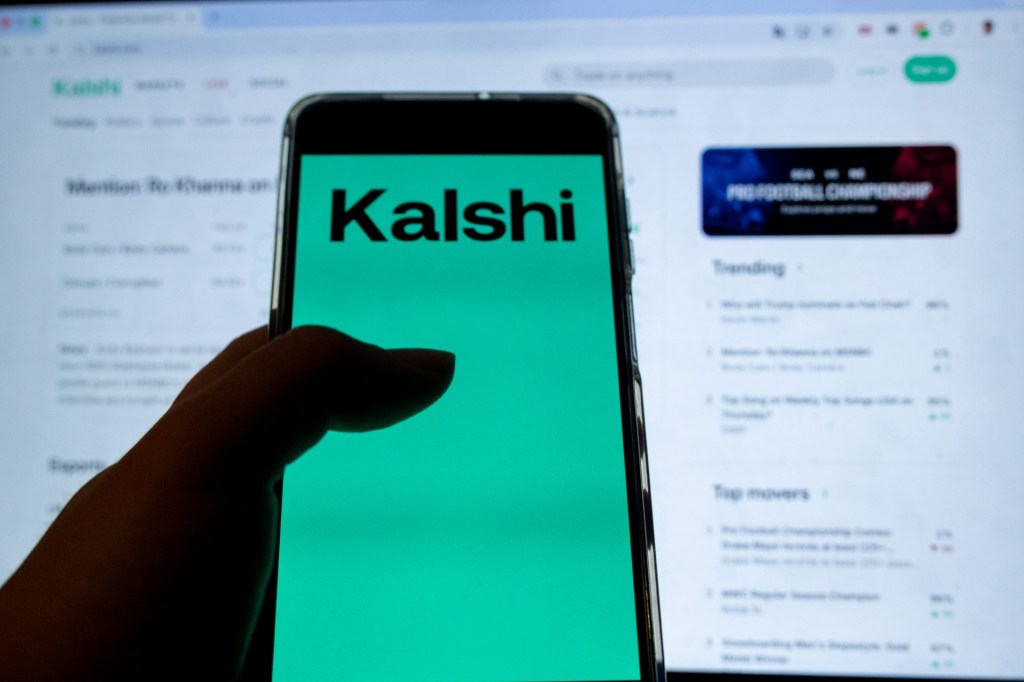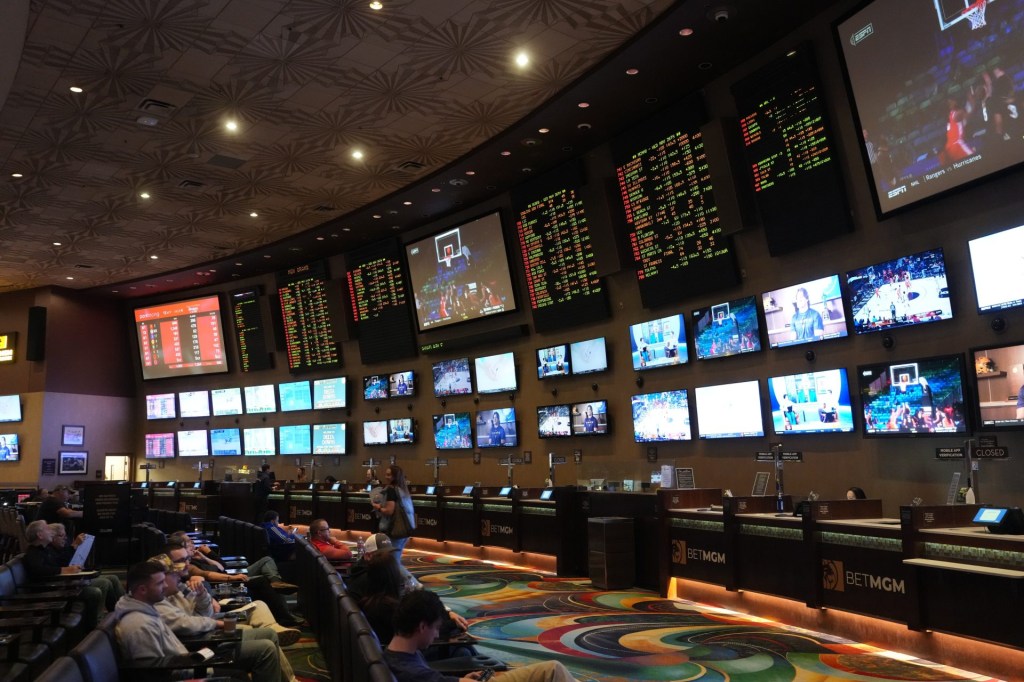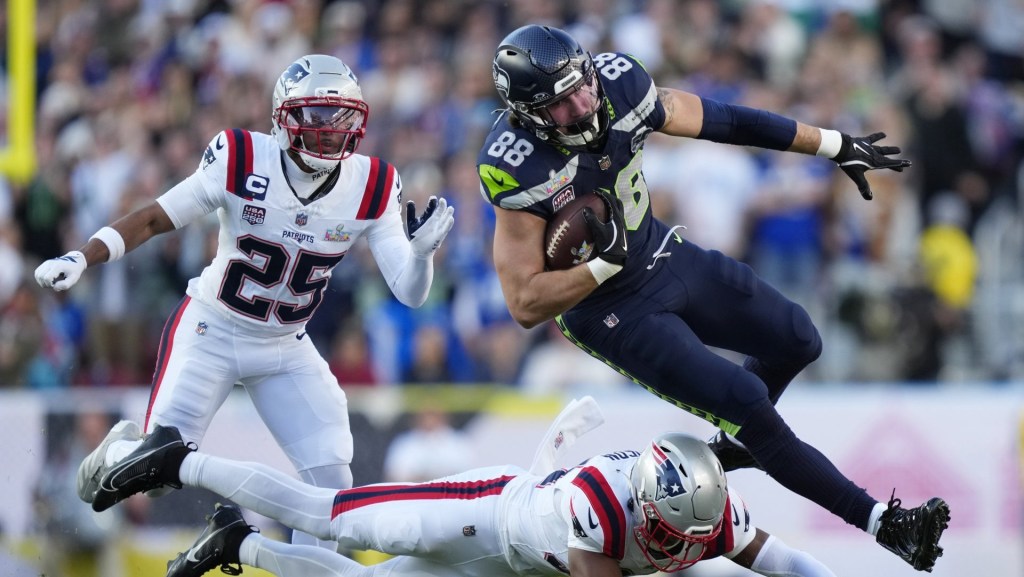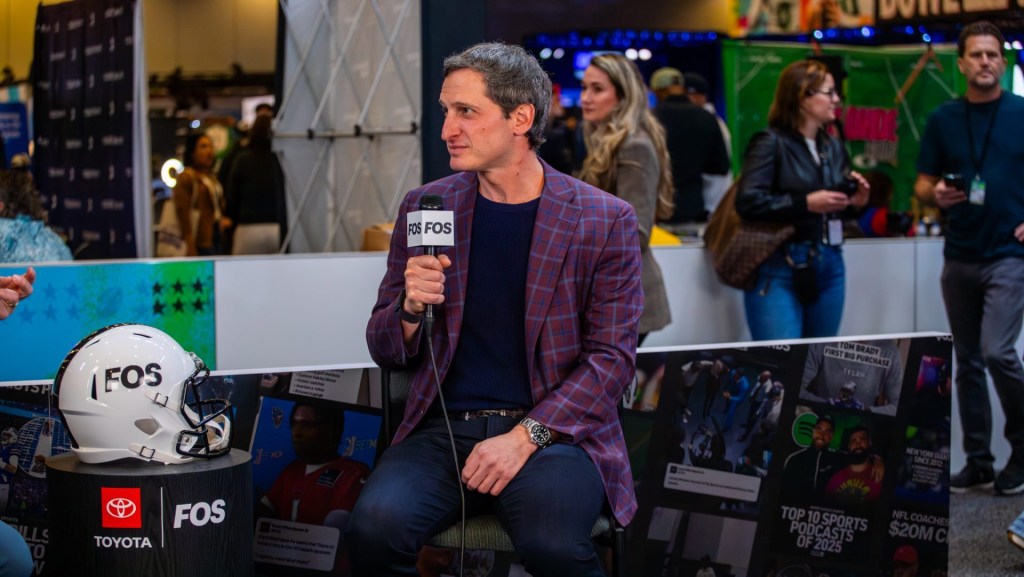Kalshi’s early victory in its Nevada court battle was significant, but the fight is far from over. Experts see multiple lines of attack state regulators could try against the exchange, which has handled a total of $653 million in sports event contracts since January.
The Nevada Gaming Commission failed in its first attempt to quash the controversial sports offerings, with a federal judge ruling last week that it cannot stop Kalshi from continuing to offer sports event contracts in the state, for now.
Although the initial attempt to halt Kalshi’s sports “prediction” contracts in Nevada was rejected, that was an early-stage victory for Kalshi on an emergency motion for relief. The regulator could choose to introduce new arguments in its formal answer to the complaint, due April 23.
The written ruling by U.S. District Court Judge Andrew P. Gordon, and a transcript of the hearing that led to that ruling, indicates his position on the matter is subject to change.
“I’m loathe, L-O-A-T-H-E, as opposed to love, I’m loathe to make a final definitive ruling on these legal issues today, beyond just likelihood of success because it’s an emergency-type basis,” the judge said at the hearing, according to the transcript.
The key question, to date, has been whether the Commodity Futures Trading Commission has “exclusive” jurisdiction to regulate Kalshi’s sports event contracts through a federal law called the Commodity Exchange Act, or if states, and Native American tribes in certain locations, can police the offerings. That law regulates the trading of commodities like grains and oil, but also less obvious commodities, such as sports when considered in a trading context.
Moving forward, legal experts see multiple avenues that Kalshi skeptics—which in addition to Nevada includes regulators in Illinois, Montana, New Jersey, Ohio, Connecticut, Washington and Kansas—could take as they seek to stop sports event contracts, which Kalshi argues are not sports betting, even though they look a lot like it. Users can “trade” on “events” like which team will win the Champions League—Barcelona or Paris Saint-Germain—or “will the NFL ban the tush push before June?”
The Wire Act Might Come Into Play
U.S. gaming law and sports betting attorney Daniel Wallach argues in a new piece published in Forbes that Kalshi’s win in Nevada “may be short-lived” because of a federal law that didn’t previously come up in the lawsuit: the Interstate Wire Act of 1961. The law, commonly known as the Wire Act, prohibits interstate transmission of information that assists in the placing of wagers on any sporting event or contest. (For example, if some in New York places a trade on “Will the Hurricanes win the Stanley Cup this year?” and someone else in Wisconsin places a trade on the same event, data associated with that trade is being transmitted across state lines via the Kalshi platform.) Wallach points to the Wire Act in saying that Kalshi’s sports event contracts are “probably not even legal under federal law.”
He tells Front Office Sports that his “aha moment” in realizing the Wire Act could come into play was when he read Judge Gordon’s opinion, which in several places suggested that, at least for now, Kalshi’s event contracts are lawful under federal law.
Wallach wondered if that was true, and questioned why the judge didn’t consider whether there are existing federal laws in place that Kalshi is breaking with its sports event contracts. That path ultimately led him to the Wire Act. He tells FOS the Nevada Gaming Commission may have been so focused on its own state-specific legal issues that it “didn’t bother to raise that obvious point.”
“That’s the problem you get sometimes when you keep the litigation in-house instead of farming it out to a law firm with experience handling complex federal issues,” he wrote in Forbes.
Wallach says the Nevada Gaming Commission would be wise to consider leaning on the Wire Act going forward, but that’s not the only additional argument it could make. Andrew Kim, a litigation partner at Goodwin Procter LLP, argued in a LinkedIn post on April 14 that the “elephant in the room” is the Indian Gaming Regulatory Act, which permits federally recognized Native tribes to operate gaming facilities on tribal lands, but only under certain conditions.
More than a dozen tribes filed comment letters with the CFTC in opposition to Kalshi’s sports event contracts ahead of an anticipated roundtable on the topic that has not yet been scheduled. A primary concern for many of the tribes is that Kalshi’s sports offering would eat into their own sports betting business. The fact that so many tribes filed letters signals they are “really worried about this,” Kim tells FOS.
“They take issues concerning their sovereignty very seriously,” he says.
Kim remembers back in 2015, when the daily fantasy sports business was blowing up, feeling that there was going to be a “tectonic shift” in the gaming industry.
“I’m having the same feeling here, but on steroids,” he says. “If Kalshi gets what it wants, and what sports prediction markets want, generally, you could see a huge realignment in the sports wagering industry.”
His views are not unfounded. Kalshi is not planning to slow down anytime soon.
A spokesperson for Kalshi tells FOS it has handled 2.2 million trades worth a collective $653 million since launching its sports event contracts in late January. The company has seen success with offerings tied to the Super Bowl and March Madness, and has plans for more, although the spokesperson would not reveal specifics, only saying “in general it is safe to assume that if there is a major sporting event, we will likely have an offering on it.”





![[Subscription Customers Only] Jun 15, 2025; Seattle, Washington, USA; Botafogo owner John Textor inside the stadium before the match during a group stage match of the 2025 FIFA Club World Cup at Lumen Field.](https://frontofficesports.com/wp-content/uploads/2026/02/USATSI_26465842_168416386_lowres-scaled.jpg?quality=100&w=1024)
![[Subscription Customers Only] Jul 13, 2025; East Rutherford, New Jersey, USA; Chelsea FC midfielder Cole Palmer (10) celebrates winning the final of the 2025 FIFA Club World Cup at MetLife Stadium](https://frontofficesports.com/wp-content/uploads/2026/02/USATSI_26636703-scaled-e1770932227605.jpg?quality=100&w=1024)







![ESPN Bet broadcasts inside the PGA Tour Studios building in Ponte Vedra Beach, Florida, on March 14, 2025. [Clayton Freeman/Florida Times-Union]](https://frontofficesports.com/wp-content/uploads/2026/02/USATSI_25668497_168416386_lowres-1-scaled.jpg?quality=100&w=1024)


